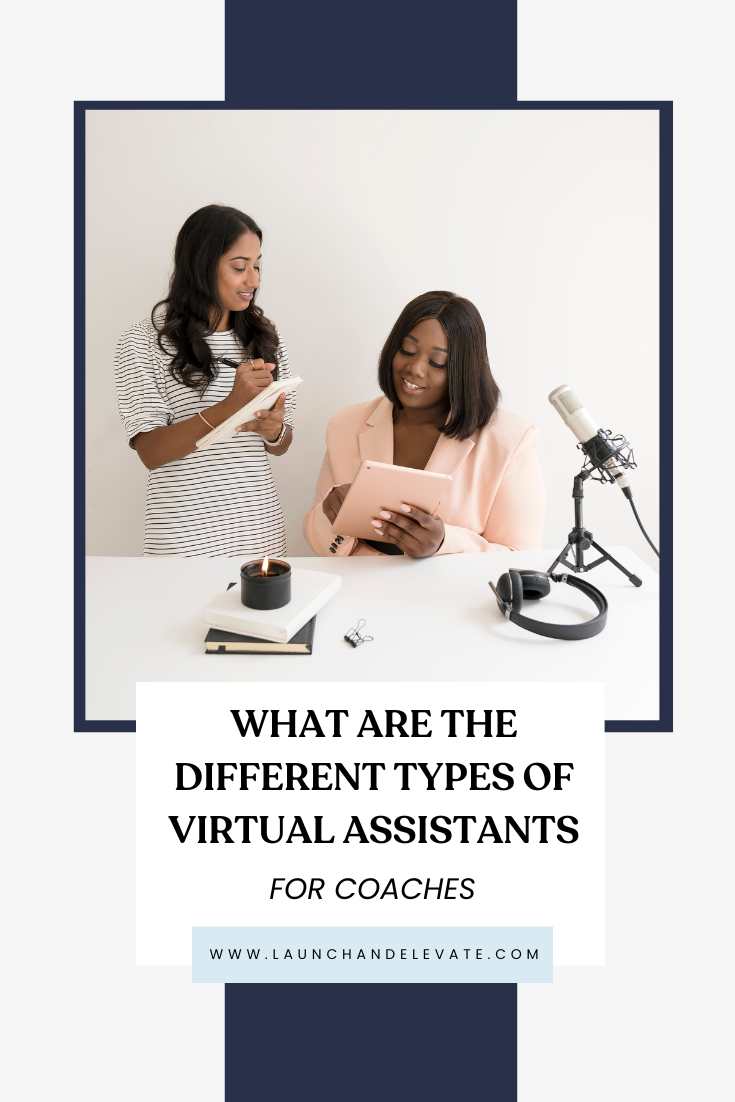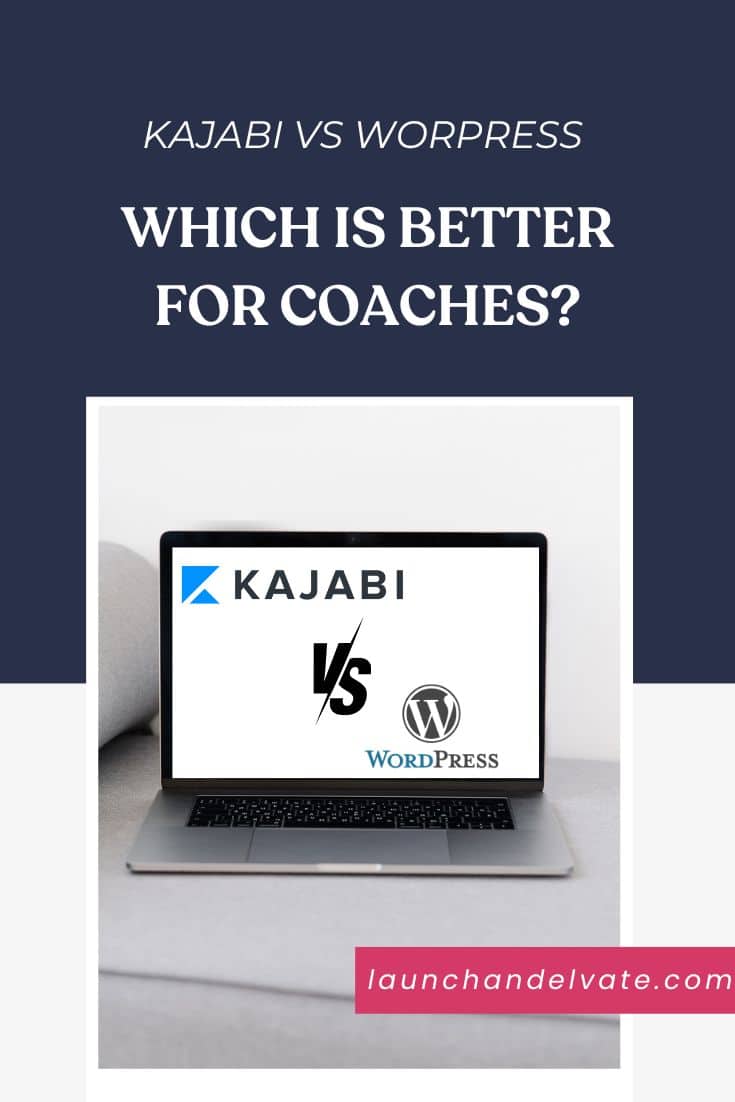Have you ever wondered why your website isn’t attracting the audience it deserves? 🤔
You’re not alone. Many coaches face this challenge, often overlooking a crucial piece of the SEO puzzle: link building. It’s easy to think that exceptional content alone will do the trick. However, without strategic SEO efforts, even the most compelling articles may go unnoticed.
In this article, we’ll dive into the world of backlinks, a critical yet often overlooked SEO method. We’ll discuss why it’s important, explain what it is, break down the jargon, and share 7 strategies you can start implementing right away if you are new to SEO.
If you are new here, I recommend reading “What Is SEO? Why SEO matters for your Coaching Business?” to get a foundational understanding of how SEO can amplify your coaching business.
What is link-building?
At its core, link-building is the digital equivalent of networking in the business world. Imagine each link as a handshake 🤝 between websites, an endorsement that says, “I trust this content enough to share it with my audience.”
Link-building, in the world of SEO, is the process of acquiring hyperlinks from other websites to your own.
A hyperlink (usually just called a link) is a way for users to navigate between pages on the internet. Search engines use these links to crawl the web; they will crawl the links between the individual pages on your website, and they will crawl the links between entire websites.
Let’s decode some SEO lingo for backlinks:
Dofollow vs. Nofollow:
- Dofollow: These links pass authority and contribute to SEO rankings. By default, most links are dofollow. So, just create links naturally, and they’ll be dofollow.
- Nofollow Links: Think of these as neutral mentions. When someone uses a nofollow link, it’s like saying, “Here’s a link, but I’m not vouching for it.” 🤷♂️ (Use for sponsored posts & affiliate links)
Anchor Text: The clickable text within a hyperlink. Relevant anchor text helps search engines understand the linked page’s topic.

Domain Authority (DA): A metric (usually on a scale of 0 to 100) that predicts a website’s ranking potential. Higher DA indicates stronger authority. (Tip: Check the DA of any website using MOZ)
Page Authority (PA): Similar to DA but applies to individual pages. It estimates the ranking potential of a single page.
Outbound Links: Links from your site to other external websites.
Internal Links: Links within your website, connecting different pages.
Why is link-building important?
Why focus on link building, you ask? 🤔 Let’s break it down.
It’s All About Visibility and Authority
First off, search engines love links. They use them to crawl the web, discovering new pages and deciding which ones deserve a spot at the top of search results. Each quality backlink to your site is like a signal to Google, boosting your site’s authority and, in turn, its visibility to potential clients.
Now, imagine two websites publishing identical content. You might think the playing field is level, but there’s a twist. Google doesn’t just look at content quality; it also considers the website’s Domain Authority (DA). The site with the higher DA gets the nod. It’s like being in a popularity contest where the more reputable you are, the more attention you get.
This is where the challenge lies, especially when competing against big names in your industry. These giants have been around for years, accumulating backlinks and building their authority.
The good news? You can grow your DA too. 💁♀️
Every backlink you earn is a step toward increasing your website’s authority, gradually leveling the playing field.
So, let’s start laying down the foundation for some strategies on how you as a small business owner can use sound strategies to elevate your link-building game.
7 Link-Building Strategies for SEO Every Coach Should Know
1. Guest Posting

Guest posting is perhaps the most popular way of link-building and a smart way to get your content and links onto established sites within your niche. It’s about showcasing your expertise while also linking back to your own site, which improves both your visibility in search engines and your reputation as an authority in your field.
The trick is to identify blogs and websites that align with your niche but also possess a higher Domain Authority (DA) than your own site. This is crucial because links from high-DA sites pass more “SEO juice” to your site, signaling to search engines that your content is also authoritative and valuable.
The art of guest posting begins with a compelling pitch. 🎤
And if you hit a ‘no’? 🤯
Hey, it’s all part of the process. Each attempt sharpens your pitch, broadens your search, and eventually, you’ll find that perfect match. The beauty of guest posting is that every ‘yes’ is a win-win. Your host gets valuable content, and you get to wave your flag in a new territory. 🏁
2. Personalized outreach
Personalized outreach takes link building a step further by engaging directly with website owners and bloggers. It’s about establishing a connection, offering value, and making it easy for them to say ‘yes’ to including your link.
Imagine you come across a roundup post titled “Top X Life Coaches for Inspiration” on a website you admire. This is your cue to reach out and suggest adding your content to their list. The key here is personalization. Draft an email that’s not just warm and friendly, but also shows you’ve done your homework. Mention how your content complements their roundup and could provide additional value to their readers.
Then there’s the broken link strategy. Find broken links on relevant websites, and suggest your content as a replacement. It’s helpful, it’s constructive, and it gets your link on their site. Win-win!
Remember! 💡
Personalized outreach is about building relationships, not just securing links. Be genuine, be patient, and be persistent.
3. Media Queries

Tapping into media queries is an underutilized yet powerful strategy for building authoritative backlinks and establishing your expertise. Platforms like HARO, or Help A Reporter Out (now called Connectively) and Qwoted serve as bridges between experts like you and journalists seeking insights for their stories.
The beauty of such services is its potential for win-win scenarios. Reporters get the credible sources they need, and you get exposure—and possibly a high-quality backlink—in return (think Forbes or the Entrepreneur!).
But patience is key.
Not every pitch will land a hit, but consistency and quality can eventually lead to significant visibility boosts.
4. Leverage your network

This strategy revolves around tapping into the relationships you’ve already built and discovering mutual benefits that can enhance your SEO efforts.
Think about the people in your circle like business partners, suppliers, and even clients.
There’s a good chance they have websites or blogs that resonate with your niche. Why not collaborate?
It’s a strategy that benefits everyone involved.
Maybe it’s a guest post exchange, or perhaps you have an insightful case study they’d love to link to. The possibilities are endless.
👉And remember, it’s not just about what they can do for you. Consider how you can add value to their site too.
So, take a look around. Your next backlink could be just a phone call away. And the best part? It’s built on the foundation of relationships you already have. Now that’s what I call smart networking!
5. Directories

Remember back in the day when we relied on those hefty local directory books to find businesses and services? (Or was it just me?)
Well, now we have the online directories, but the core idea remains the same. People do still browse through directories, not just for contact information, but to find reputable, trusted professionals.
The trick with directories isn’t just to get listed—it’s about choosing the right ones. Quality directories act like beacons, shining a light on your expertise and guiding potential clients your way. Let’s break it down:
a) Niche-Specific Listings: For coaches, it’s about finding those directories that speak your language. If you are a coach, list yourself on sites like Life Coach Directory and Coach Compare. Ultimately, you put yourself in front of an audience actively seeking your expertise.
b) Local Directories: Never underestimate the power of local. Even in a digital age, there’s a strong lean towards local services. Listing yourself in local directories not only boosts your local SEO but also connects you with clients in your area who prefer a local touch.
c) Professional and Business Directories: Beyond your niche and locality, broader business and professional directories can also be valuable.
6. Podcast Collaborations
Podcast collaborations stand out as one of the most effective strategies for link-building and personal branding.

But why are they so impactful?
First off, podcasts offer a stage to showcase your expertise in front of a fresh audience. The beauty of podcasts lies in their format – listeners are already geared up for long-form content, giving you the perfect opportunity to let your expertise and personality truly shine. 🌟
Then there’s the efficiency of podcasts compared to traditional blogging.
Think about it. 🤔
Engaging in a natural, flowing conversation often takes much less time than crafting a detailed blog post. Writing demands time, effort, and a ton of editing, whereas podcasts capture the spontaneity and authenticity of real-time dialogue.
But what kind of podcasts should you go for? You need to find a podcast where your ideal client is hanging out but also where the podcast host is not a direct competitor.
For example, if you’re a life coach, pairing up with a career coach could offer listeners a holistic perspective, blending personal growth with career development. Such topics resonate across both niches, offering valuable insights and drawing listeners from both spheres. You just need to find a common ground where your expertise can complement the host’s content, creating a synergy that benefits both parties and their listeners.
7. High-Quality blog posts
Writing high-quality blog posts is a cornerstone of effective link-building.
But what makes a blog post shareable? The answer lies in crafting content that’s not just informative but also engaging and, most importantly, backed by solid research and statistics.
Distributing surveys, diving deep into research, and presenting your findings in your blog posts can significantly increase their value and shareability. People love to reference content that’s data-driven because it lends credibility to their own arguments or learning.
Such content is gold for link building.
When you provide original data or insights, other bloggers, journalists, and content creators are more likely to cite your work, naturally generating backlinks to your site. Plus, readers love sharing insightful, data-driven content on social media, further amplifying your reach.
Final thoughts on link-building strategies
Reflecting on these link-building strategies, how many were new to you?
And, perhaps more intriguingly, how many are you already putting into action? 🤔
Remember, at the core of effective link-building strategies is the power of genuine connections. It’s time to shift towards ethical SEO strategies that focus on meaningful collaborations rather than quick fixes.
If ethical SEO resonates with you and you’re keen to delve deeper, I’m here to help. Book a complimentary 30-min call with me to address your most pressing SEO questions.
Read also – 7 Common SEO Mistakes Coaches Make and How to Avoid Them



